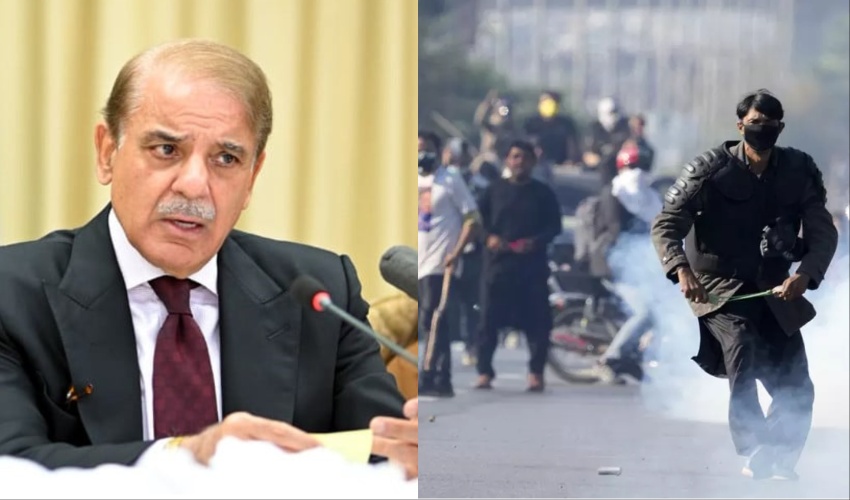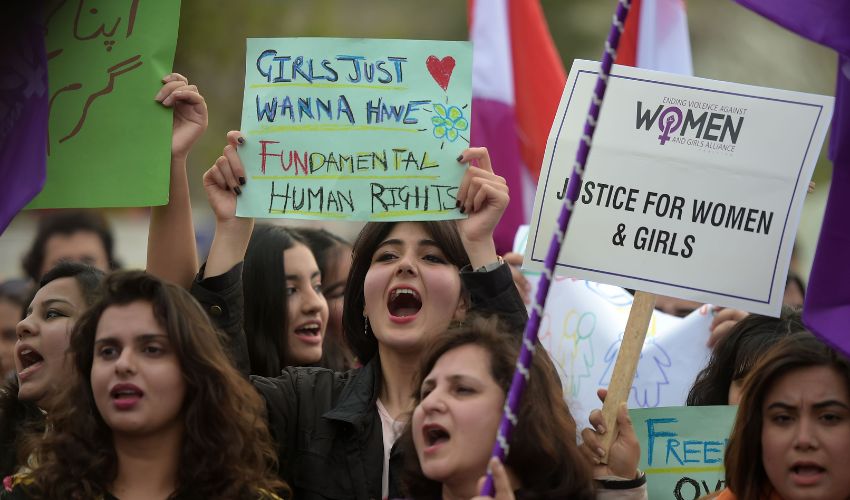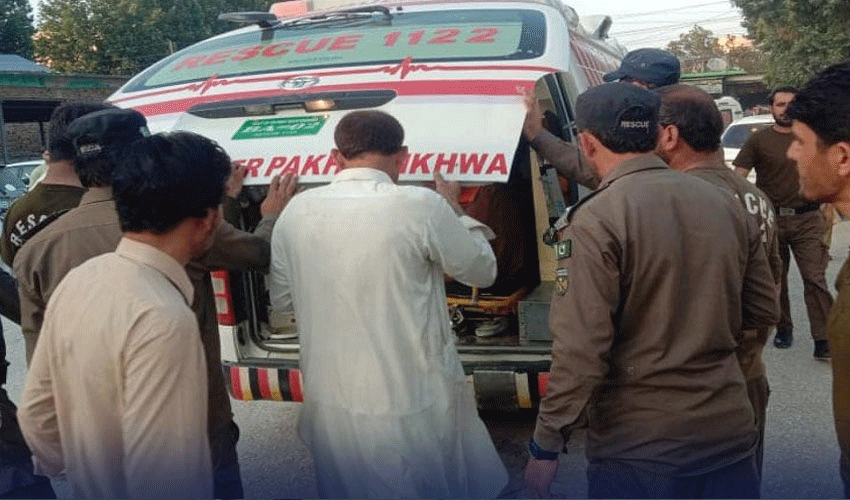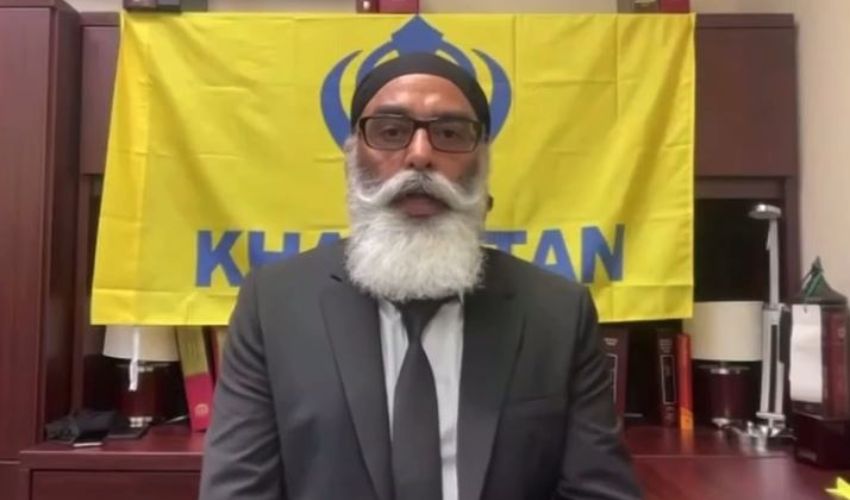Prime Minister Shehbaz Sharif on Monday approved the establishment of a 10-member Joint Task Force (JTF) aimed at identifying and prosecuting those responsible for spreading misinformation and inciting chaos following the recent protests in Islamabad.
The formation of this task force comes in the wake of a series of violent protests organized by Pakistan Tehreek-e-Insaf (PTI) in November 2024, which led to clashes between PTI supporters and security forces, and significant damage to the national economy.
The JTF will be headed by the Chairman of the Pakistan Telecommunication Authority (PTA) and will include key figures from Pakistan's top intelligence and law enforcement agencies.
This includes representatives from the Inter-Services Intelligence (ISI), Military Intelligence (MI), Intelligence Bureau (IB), the Ministry of Interior, and the Federal Investigation Agency’s (FIA) Cyber Crime Wing.
The task force is also expected to work closely with the Ministry of Information and Broadcasting and the Ministry of IT, focusing on online disinformation campaigns.
RELATED: Interior ministry denies use of lethal weapons against PTI protestors
PM Sharif stated in a meeting with top government and security officials that such attacks on the state will not go unchallenged.
He emphasised that the task force's mission would focus on identifying and bringing to justice those orchestrating these campaigns.
He also outlined that the task force will investigate elements both inside and outside the country that are fueling this disinformation, including foreign actors who may be involved in destabilizing Pakistan’s political order.
The task force’s mandate and actions
The Joint Task Force will operate with a clear mandate to track down the individuals, organizations, and networks behind the campaign of disinformation. The task force’s specific tasks include:
- Identifying false propaganda: The JTF will focus on pinpointing those responsible for spreading fabricated stories about political unrest in Islamabad, particularly from the period between November 24 and 27, 2024.
- Identifying domestic and international actors: The task force will not only target local individuals and groups but will also look into foreign involvement, especially where international media platforms have been used to promote anti-state content.
- Legal action against malicious campaigns: Once the individuals responsible for spreading false information are identified, the JTF will propose legal measures to bring them to justice according to Pakistan’s anti-terrorism and cybercrime laws. It is expected that strict action will be taken against the instigators of the campaign to ensure that similar attempts to destabilize the country in the future are discouraged.
- Policy recommendations: The task force will also be responsible for suggesting policy reforms that could close existing gaps in the legal framework for dealing with digital propaganda and misinformation. As online disinformation continues to pose a threat to national security, the government is keen to ensure that Pakistan’s laws are equipped to deal with the challenges of the digital age.
The task force is expected to submit its report within 10 days, outlining its findings and suggesting appropriate legal action.
Political and economic fallout of Islamabad protests
The November protests, organised by PTI and led by political figures like Bushra Bibi and Khyber Pakhtunkhwa Chief Minister Ali Amin Gandapur, resulted in violent clashes between protesters and law enforcement, particularly on November 25-26, 2024.
The violence left several injured, including police officers, and caused widespread destruction across the federal capital.
Prime Minister Sharif, in addressing the issue, stressed the severe economic implications of such protests. He noted that past protests, particularly those in 2014, had cost the country over Rs 900 billion a day, further exacerbating Pakistan’s economic struggles.
Premier's remarks came as part of his broader condemnation of PTI, which he accused of sowing chaos in Islamabad and undermining the country’s economic stability.
Sharif referred to PTI as a "group of sabotage" rather than a political party, accusing them of deliberately destabilizing Pakistan for political gain. He expressed deep concern over the disruptions caused by the protests, which had crippled the capital and tarnished the country’s global image.
Despite the ongoing political unrest, the Prime Minister also acknowledged the signs of economic recovery. He noted that inflation was slowly decreasing, and the stock market had recently surpassed a significant milestone. However, Sharif warned that the enemies of Pakistan—both internal and external—would continue to exploit any weakness, and it was crucial for the state to take swift and decisive action to protect national interests.



























